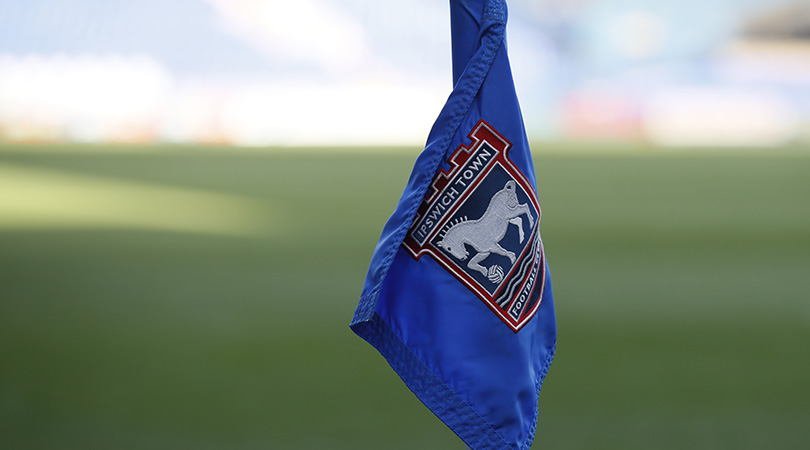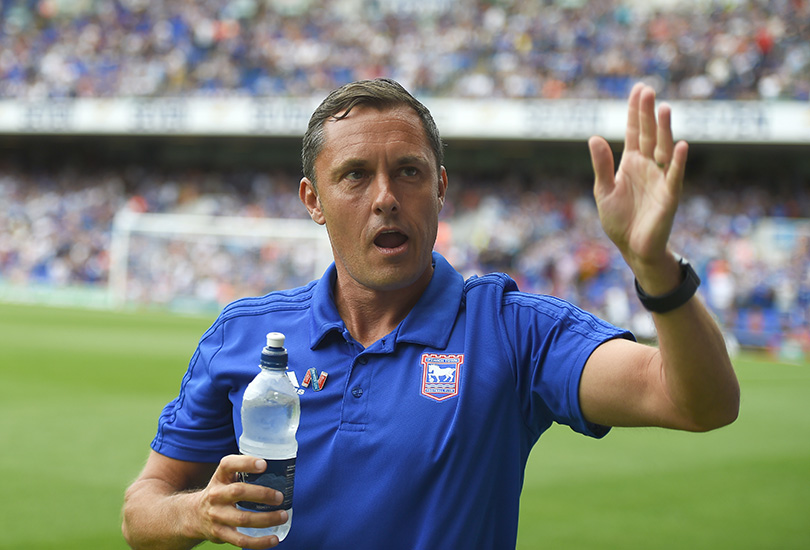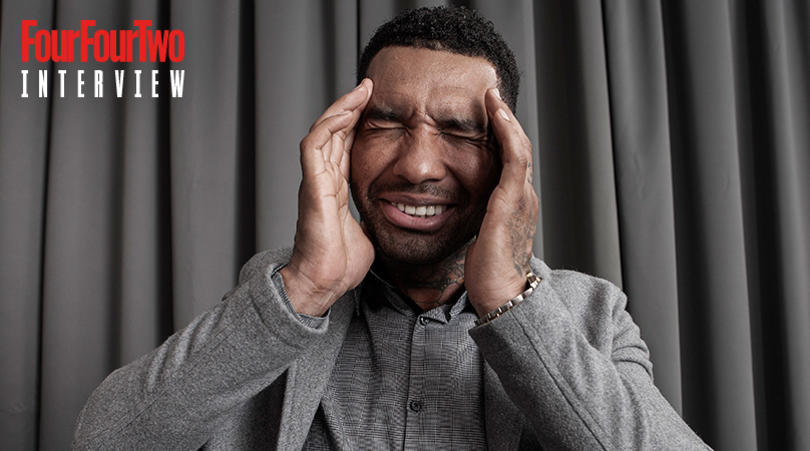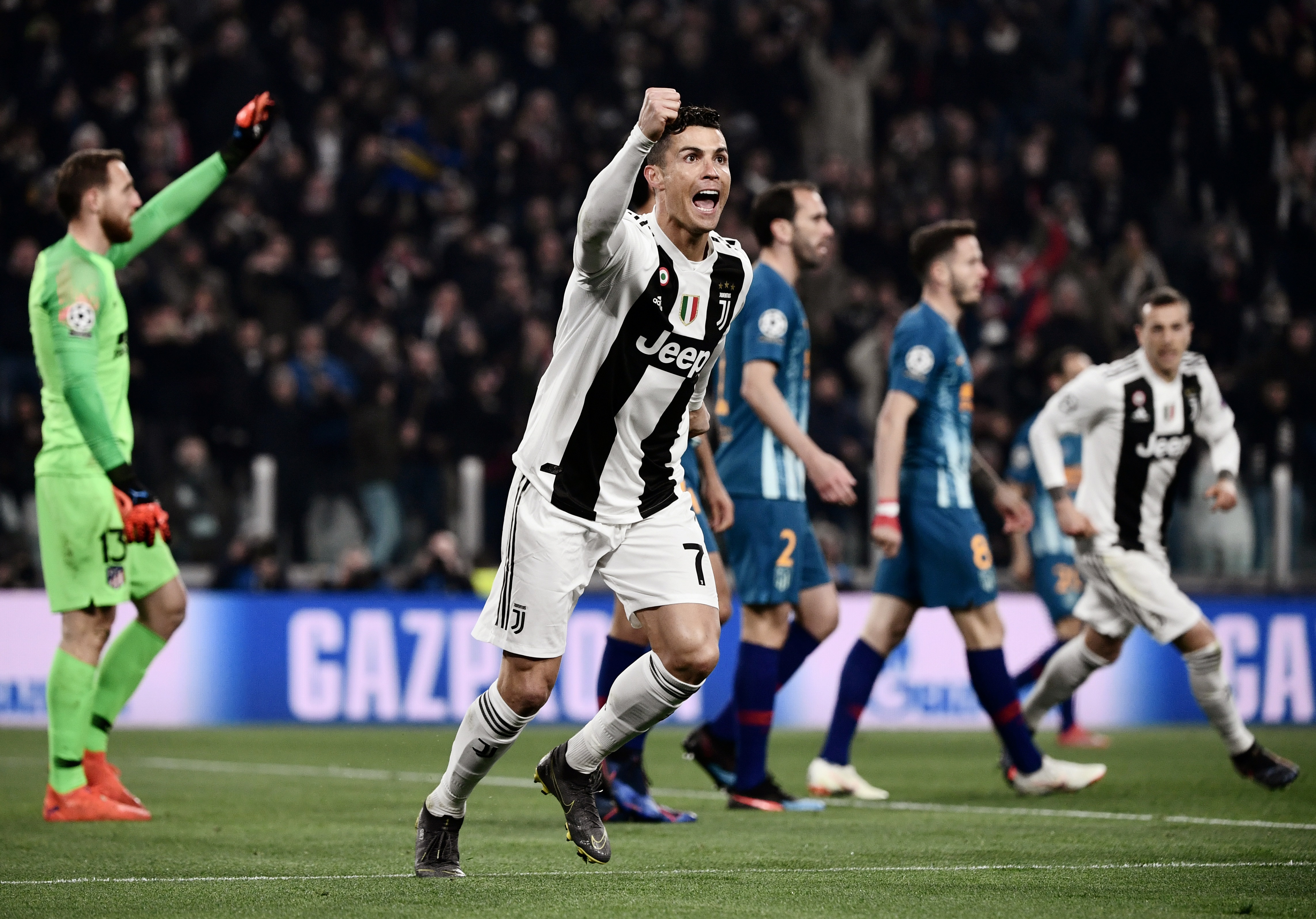Ipswich Town: drowning in a sea of despair – and the suffering might only get worse
Bottom of the Championship, 10 points adrift of safety and no new dawn in sight: the second tier's longest-serving club are truly in the mire, writes Daniel Storey

We can at least be confident that the masterplan was built upon good intentions, just not solid foundations. When it was announced that Mick McCarthy was to leave Ipswich Town having been at the club for almost five-and-a-half years, owner Marcus Evans spoke of the club entering into a new era. He at least got that part right.
Evans’s grand vision for Ipswich, a club that had trod water in a sea of mediocrity for at least three years, was to embrace the potential benefits of sports science. He spoke of a club that could move itself ahead of the curve in terms of conditioning and fitness, competing in those fields with the biggest and best in the Premier League.
The new manager, himself sculpting a reputation for being forward-thinking, fit the bill. Little by little, Ipswich would improve the minutiae of club life and push on for promotion.

Different days, new dross
Hindsight is 20/20. Far more Ipswich supporters embraced incoming boss Paul Hurst than feared such a disastrous slump. But the Suffolk club struggled in autumn and have doubled down on their miserable form in winter.
Hurst was sacked less than three months into the season, Paul Lambert has been unable to arrest the slide and Evans is now reportedly keen to sell Ipswich if he can get a good price. But flogging a club on the way down is a difficult business: potential buyers prefer to wait until the club has hit rock bottom, and thus so too has its sale price.
Supporters, who were told by plenty of outsiders to be careful what they wished for, have seen that advice play out. Perhaps some had indeed taken McCarthy’s achievement on a minute budget for granted. They certainly crave for his mid-table security now.
Get FourFourTwo Newsletter
The best features, fun and footballing quizzes, straight to your inbox every week.
But then the McCarthy argument was never about the league table. The reality is that the relationship between manager and club (and certainly its fans) had deteriorated to a point of natural separation. McCarthy’s contract was up, attendances were dwindling and Ipswich didn’t score a home goal between January 13 and April 2. The manager had called supporters “numbskulls” and “a disgrace”, and accused them of ruining home matches. He infamously told them to “f*** off” when Ipswich took the lead against Norwich in the East Anglia derby.
Under McCarthy, supporters felt, Ipswich had lost the ability to dream. Home games were dire, and tedium is an effective killer of hope. But that only holds resonance if the alternative is not outright disaster. No home supporter can pretend that they have enjoyed 2018/19 more than 2017/18. The comparison flatters neither season.
Muddled thinking
Ipswich and Evans’s error was not in trying something fresh and forward-thinking, but believing that the dream could be achieved without substance and sense. Ipswich made a series of mistakes last summer that strangled the masterplan until it lay crumpled on the floor. It is reminiscent of Crystal Palace’s appointment of Frank de Boer, who was tasked with reinventing the club’s ethos post-Sam Allardyce but given very few, if any, of the tools to do so.
The biggest error was in placing so much faith in Hurst’s transfer market vision. Ipswich lost their top four goalscorers from 2017/18 (they sold David McGoldrick, Martyn Waghorn and Joe Garner, while Bersant Celina’s loan deal ended) and offloaded defender Adam Webster to Bristol City for £3.5m. As a response, Hurst was permitted to sign seven players on permanent deals from lower-league clubs, including two from former side Shrewsbury.

Only one of those seven players started Ipswich’s last Championship game. Allowing a new manager to control transfer activity is a foolish risk for any club, given the typical shelf-life of a Football League boss. One individual hands out lengthy contracts to those who are likely to comfortably outlast him. Hurst created an unbalanced squad that Lambert has inherited.
It was also overlooked just how much better McCarthy’s relationship was with his players than supporters. They lost their granite, what-you-see-is-what-you-get confidante and gained an unfamiliar face who floundered having taken a step up. One of the arguments against managerial long-termism is that it creates enormous uncertainty among key players who struggle to acclimatise to a new regime, having grown accustomed to the predecessor’s ways.
Back to basics
Ipswich’s notion of holistic improvement through sports science had some merit, but it was pie-in-the-sky thinking to put total faith in Hurst delivering it with lower-league signings, having sold the club’s goalscorers.
As East Anglian Daily Times columnist Mike Bacon put it so caustically: “You can have all the fluff you like, blue tape down your thigh, tattoo sleeves to die for, but football is still about players being able to play the bloody game.”
Now, even relegation to League One won’t be the nadir for Ipswich. The club’s best young talent, including Teddy Bishop, Andre Dozzell, Flynn Downes and Jack Lankester, will be picked off by Championship vultures and Ipswich can’t afford to fight it. Lambert’s own future is not secure – he must be prepared to go from Premier League to League One in 15 months.
The longest-serving Championship club – this is their 14th consecutive season in the second tier – always presumed that they would leave this division by the grand front entrance. Instead they will slip through the trapdoor. Forget dreams of new eras; that’s when reality really bites.

